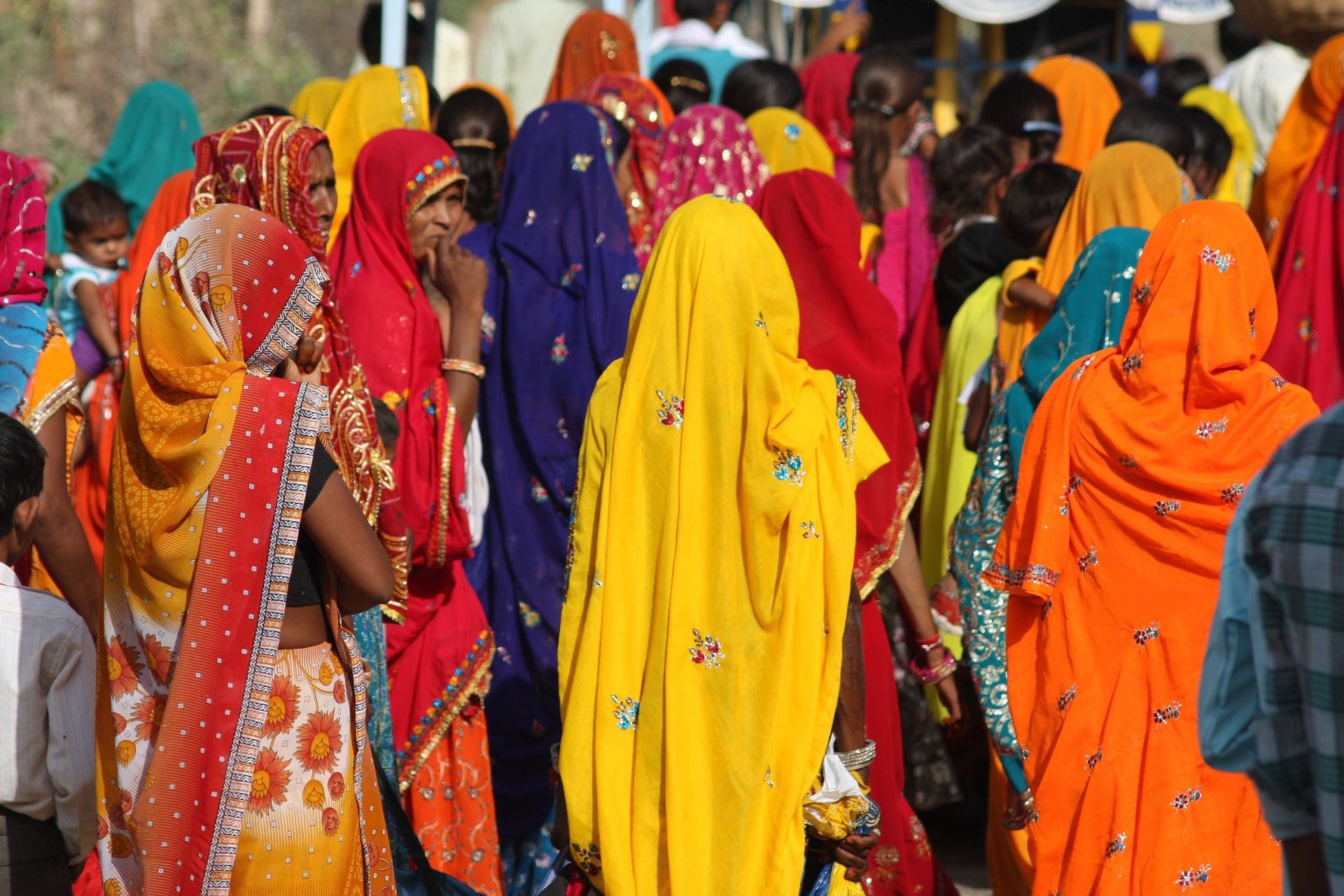UN Women defines gender-responsive budgeting (GRB) as government planning, programming, and budgeting that contributes to the advancement of gender equality and the fulfillment of women’s rights. It entails identifying and reflecting interventions to address gender gaps in sector and local government policies, plans, and budgets. GRB also considers the gender-differentiated impact of revenue-raising policies and the allocation of domestic resources and official development assistance. Between 2001 and 2011, UN Women worked to promote GRB in India in the following ways.
- Advocacy: Activities, including meetings with government officials and awareness-raising presentations, carried out by UN Women to promote GRB practices.
- Technical support and capacity building: Activities supported by UN Women that focused on building capacities at the central, state, and local levels.
- Knowledge and learning: Development of tools and references on GRB.
As the GRB team members sought to refine the ongoing strategy, they turned to FSG to help answer key evaluation questions.
- How have UN Women’s GRB activities helped to position GRB within the broader national planning, budgeting, and auditing frameworks?
- In what ways have the GRB activities helped to change the way stakeholders support and execute GRB?
- When implemented, how useful are the changes in addressing women’s priorities?
- In what ways has UN Women supported the sustainability and impact of the GRB activities?
Through close collaboration with UN Women’s South Asia Sub-Regional Office staff and an evaluation stakeholder group, the FSG team conducted several levels of analysis, employing two primary data collection methods to perform the following tasks.
- Review UN Women GRB activities between 2001 and 2011.
- Assess the program logic that underpins UN Women’s GRB activities in India.
- Evaluate the relevance, effectiveness, usage, and efficiency of GRB activities through document review and stakeholder interviews.
- Identify enabling and disabling factors that have affected results.
- Identify gaps and form recommendations to improve UN Women’s GRB activities.
The FSG team employed two primary data collection methods, reviewing more than 150 documents and conducting 55 interviews with key stakeholders, including current and former staff, national and local partners, and national, state, and local targeted beneficiaries.
The work pointed toward key ways UN Women has contributed to increasing stakeholder awareness and understanding of GRB in India, and uncovered areas for continued focus. FSG also offered recommendations for GRB team members to consider when developing the go-forward strategy, including ways to take advantage of UN Women’s unique assets and strengths.
About UN Women
UN Women is the UN organization dedicated to gender equality and empowerment. UN Women’s South Asia Sub-Regional Office is based in New Delhi, India and oversees nine countries in the region.
UN Women’s five priority areas are: increasing women’s leadership and participation, ending violence against women and girls, engaging women in all aspects of peace and security processes, enhancing women’s empowerment, and making gender equality central to national development planning and budgeting.


